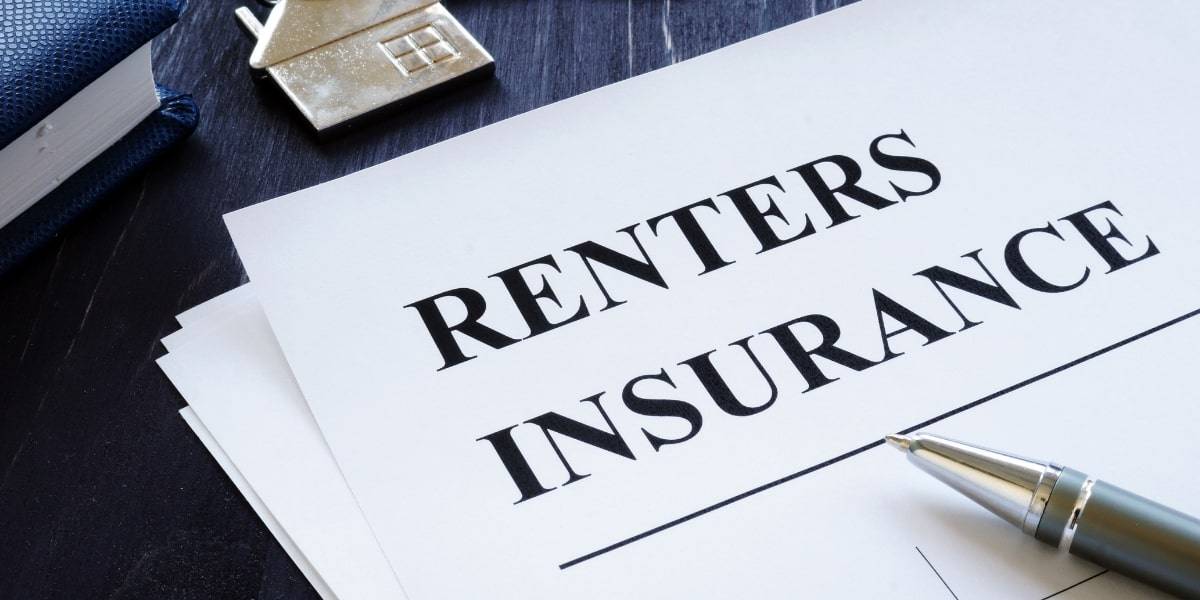Are you renting a property to a tenant? You may already know that you need some liability coverage to help protect your own assets should something happen. What you may not realize, though, is that there are many personal liability coverage options you’ll see advertised, and understanding what type of financial protection you need, what it’s going to cost, and how to mitigate those costs is an absolute must.
Homeowners Liability Insurance
Many who choose to rent a property to a tenant believe a homeowners policy will help protect them if something happens. They’re not entirely wrong. A homeowners policy ensures the house and everything in it. It covers various kinds of property damage, including personal liability coverage, which is your legal responsibility for any injuries others sustain on your property or any property damage inflicted on others by the people you live within your house. You cannot get this kind of policy, though, unless you own a home.
Renters Liability Insurance
Renters insurance is a bit different. Renters insurance was designed to cover the stuff inside a dwelling, like all of your personal property. Many landlords will only rent to individuals if they obtain a renters insurance policy, and it’s incredibly important too. Imagine, for example; there’s a fire that damages the structure of the home you’re renting. The landlord is covered under his or her policy, but your stuff isn’t covered without renters insurance. Renters insurance, though, typically includes some liability coverage too. This helps pro tect you if a guest falls down the stairs in a property you’ve rented from someone else or if your teenager accidentally dents someone else’s garage as they pull into a driveway. It can even protect you if you accidentally set the kitchen on fire in the home you’re renting. The key here, though, is that you have to be a tenant to get renters insurance.
There’s a Real Difference In Cost Between The Two Kinds of Policies
Homeowners insurance is usually far more expensive than a renters insurance policy. Data from the National Association of Insurance Commissioners reveals that, on average, homeowners insurance will vary from $1,200-$2,500 a year. On the other hand, renters insurance is far cheaper and will cost anywhere from $25-$40 a month. Even though the renter’s insurance is cheap, it will usually have $100K in liability coverage and about $30K in personal property coverage. This difference is due to several different things, but in general, homeowners insurance may end up paying out far more than renters insurance ever could, which makes it more expensive.
The Cost May Depend On a Number of Factors
The cost of both kinds of policies may depend on a number of factors, including
- Location of the dwelling; if the home is in an area where crime is common, the insurance policy may cost more.
- Proximity to any natural disaster areas; the beach, steep hillsides, or other areas prone to earthquakes or flooding can mean higher insurance rates.
- The area, the city, region, and even the borough you reside in affect insurance rates as well. Affluent areas with expensive homes tend to have higher insurance compared to other areas of the city.
- Prior claims history; If you have made more than 2 claims within 3-5 years, your premiums will be much higher compared to homeowners who have made no claims.
- Credit score; If your credit score is low, then expect to see slightly higher premium fees.
- Value of your personal property; the more expensive the property you own, the higher the insurance rates.
- Your deductible; Homeowners whose deductible is $200 pay more in premiums than those whose deductible is $500.
Lowering Your Rates
If you believe the premiums on your homeowner’s insurance or your renter’s insurance are too high, there are ways to lower them. Consider these methods.
- Ask if there are discounts available if you have made no claims in the past or have an excellent credit score
- Ensure your vehicle with your home policy with the same insurer
- Install deadbolt locks and/or video camera security system and burglar alarms
- Install carbon monoxide and fire alarms in the home
- Increase your deductible. In general, the higher the deductible, the lower the premium.
Always shop for a new insurer every year as another insurer may offer you similar covers at much lower rates.
Making the Choice
If you’re shopping for personal liability coverage, particularly if you’re a homeowner renting to tenants, homeowners insurance is always going to be the way to go. You could also consider a landlord’s personal liability policy too to help protect you. You aren’t eligible for renters insurance in this case. Suppose you’re a tenant looking to protect yourself. In that case, though, renters insurance is absolutely the way to go as it will not only protect your belongings in an emergency, but it will provide you with the liability coverage you need too.

